144-Hour Visa-Free Policy: Opening the Door for Overseas Travelers to Explore China
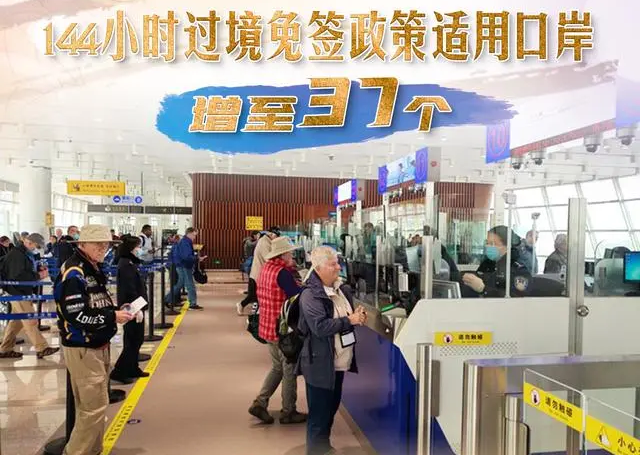
In recent years, with the gradual recovery of global tourism, China's foreign policy has been continuously optimized. The implementation of the 144-hour visa-free transit policy, in particular, has provided more convenient access opportunities for overseas travelers, attracting numerous foreign social media influencers to explore this country with its rich history and culture.
The Appeal of the Visa-Free Policy
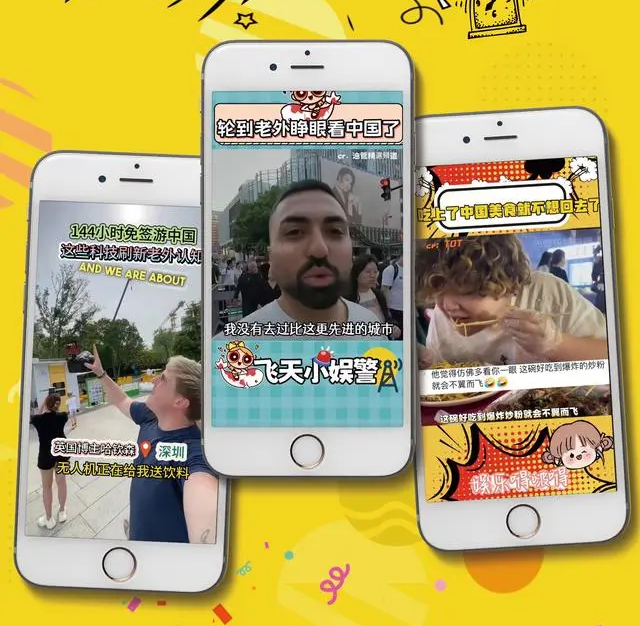
Since 2016, China has introduced the 144-hour visa-free transit policy in certain cities, allowing eligible foreign tourists to stay for 144 hours without applying for a visa. This policy has greatly facilitated overseas tourists, making China a new popular destination for many social media influencers.
In response to the national effort to improve the online environment for foreigners visiting China, Taao Communications, through the Ministry of Foreign Affairs' Protocol Service Center, has provided these influencers with data cards, ensuring they can smoothly share their travel experiences and content.
The Protocol Service Center of the Ministry of Foreign Affairs is responsible for hosting foreign guests, providing necessary support, including visa consultation, itinerary arrangements, and local guide services. Meanwhile, Taao Communications' data card service offers high-speed internet connectivity for foreign tourists, helping make their travel experience in China more seamless and convenient. These measures not only enhance the satisfaction of overseas tourists but also further promote cultural exchange between China and other countries.
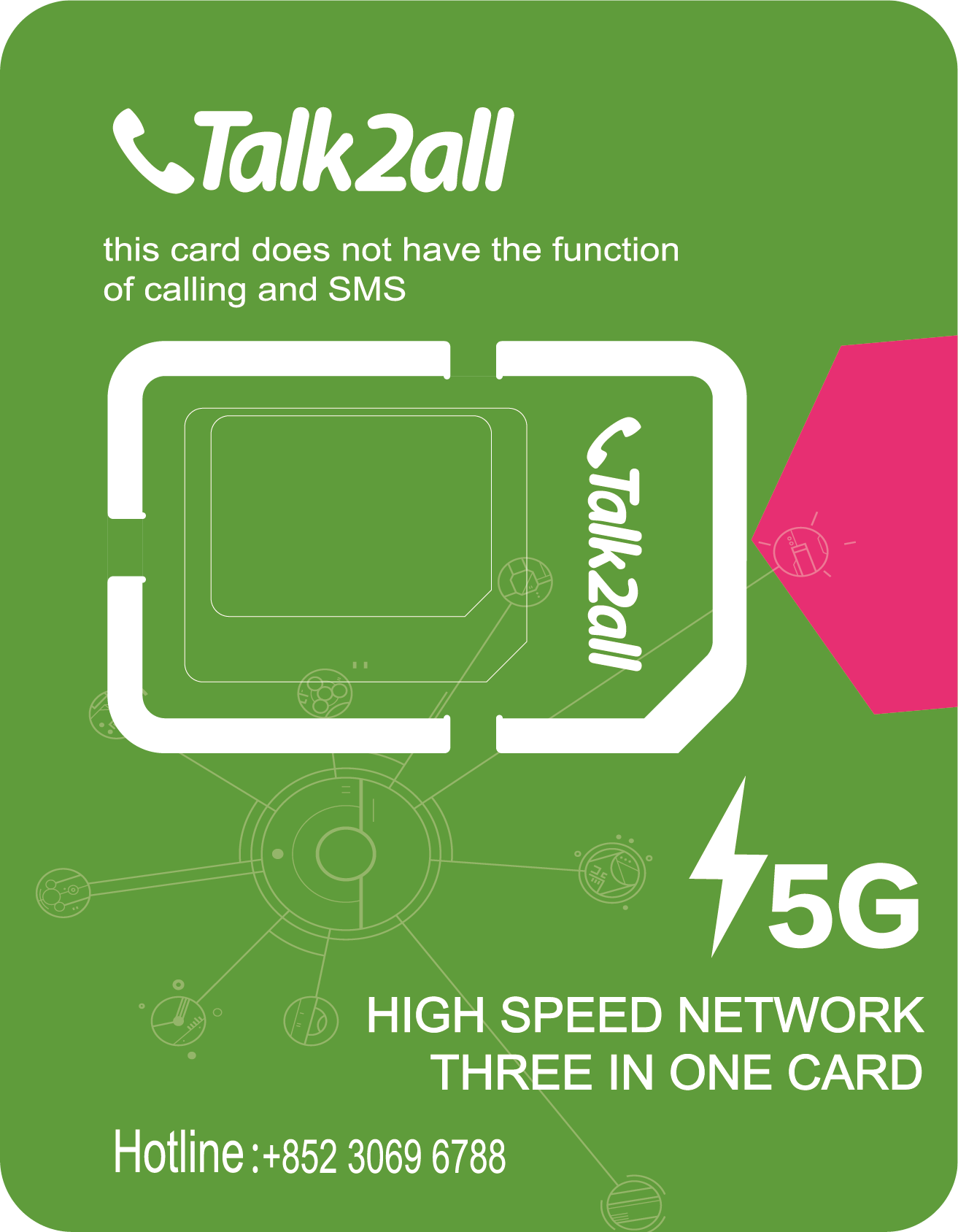
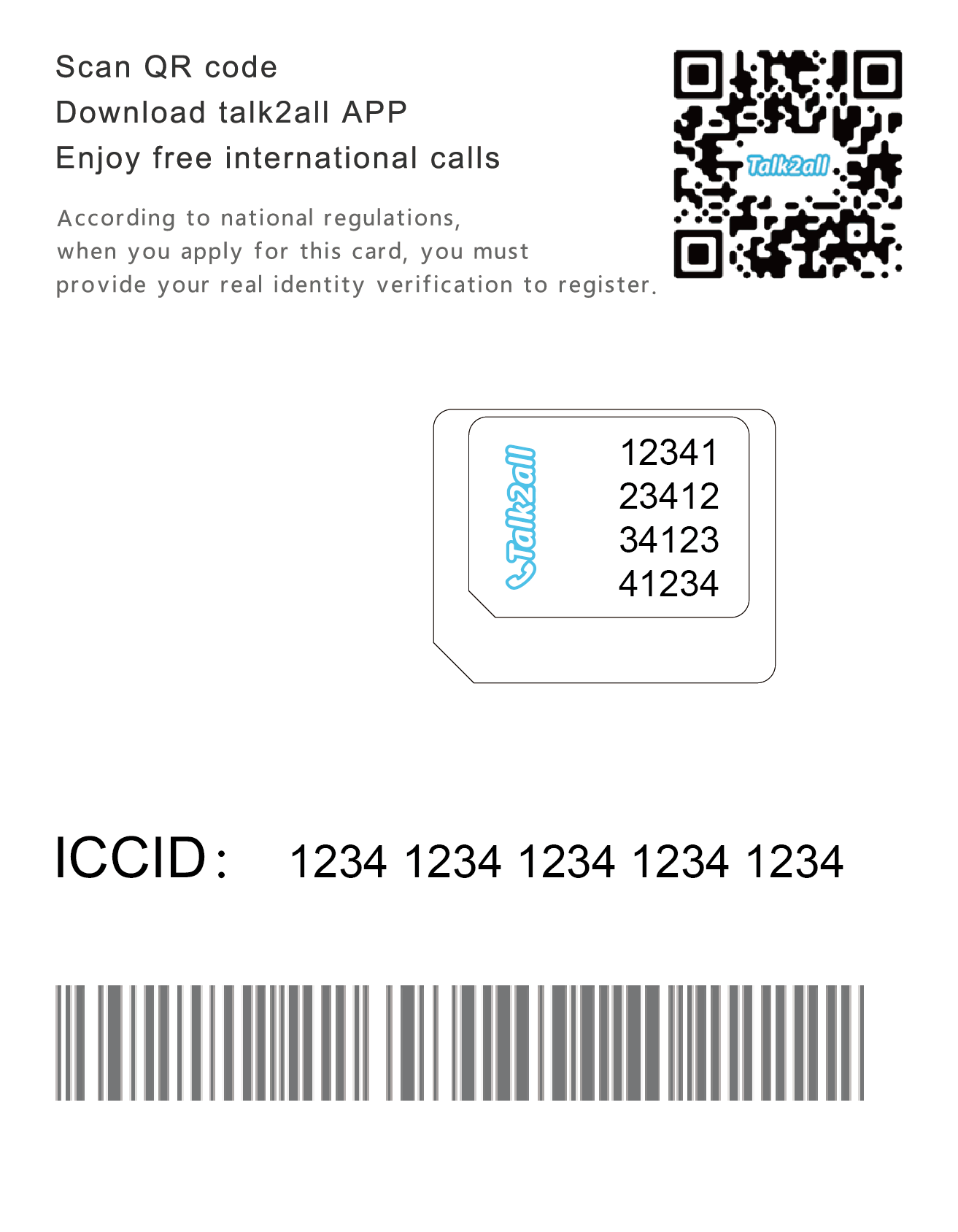
The Importance of High-Speed Network Connectivity
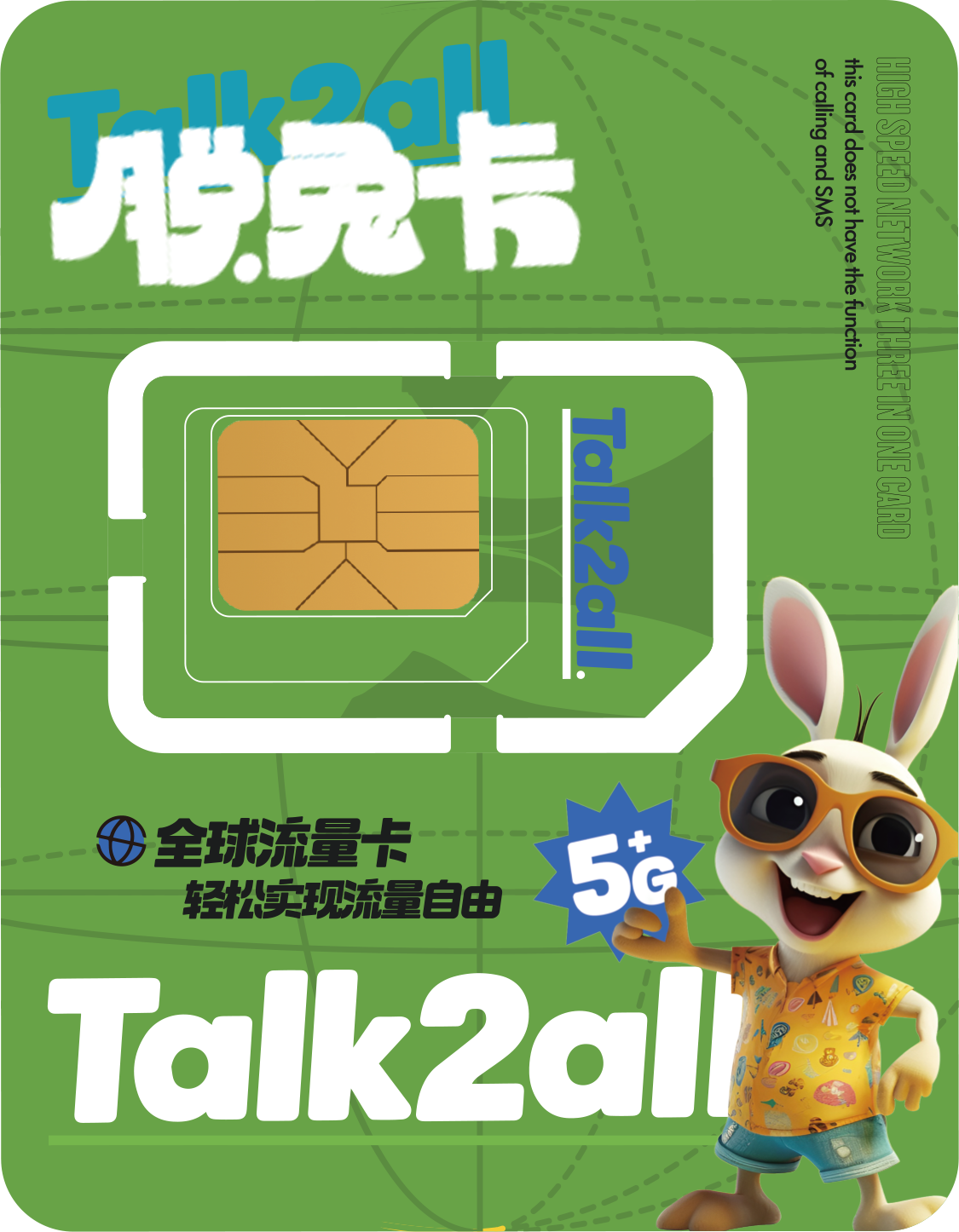
In modern society, internet connectivity is crucial for social media influencers. To maintain real-time interaction with their followers, many influencers use TAAO Communications' data cards during their travels in China. These SIM cards provide high-speed mobile data services, ensuring influencers can upload videos, share photos, and conduct live streaming anytime and anywhere.
By using these data cards, influencers can maintain a good internet connection whether they are in bustling city centers or picturesque rural areas, allowing them to share the exciting moments of their travels in real-time.
Promoting Cultural Exchange Between China and the World
The arrival of foreign social media influencers has greatly promoted cultural exchange and understanding between China and the rest of the world. Through platforms such as YouTube, Instagram, and TikTok, they convey authentic stories about China to a global audience. These influencers showcase China's beautiful landscapes, rich cuisine, and diverse culture from a personal perspective, helping to break many stereotypes about China.
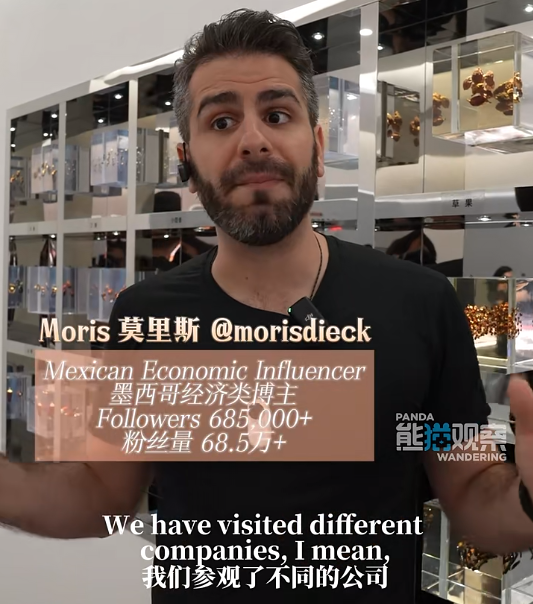
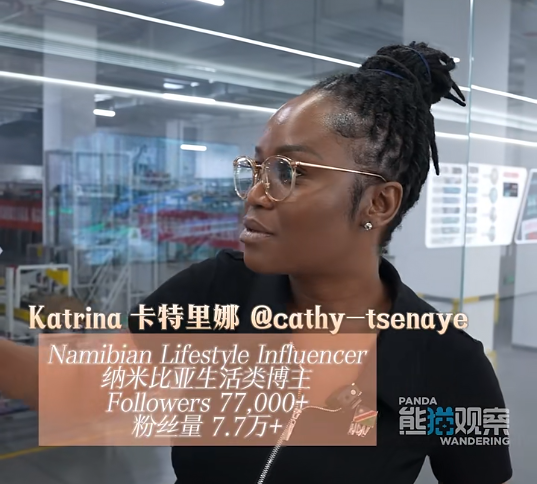
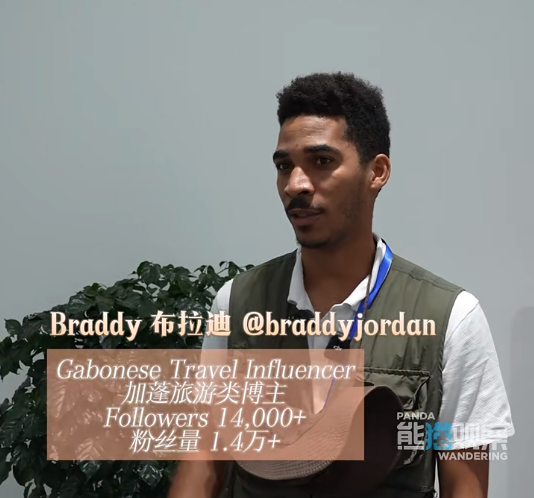
For example, Mexican economic blogger @morisdieck analyzes China's economic development and market dynamics, showcasing China's influence in the global market. Namibian lifestyle blogger @cathy-tsenaye shares her daily life and cultural experiences in China, helping viewers understand cultural exchanges between China and Africa. Additionally, Gabonese travel blogger @braddyjordan documents his travels across China, including famous attractions, local delicacies, and unique traditional culture.
This genuine cultural exchange not only attracts more international tourists to pay attention to China but also positively contributes to enhancing China's image on the global stage.
Conclusion

With the promotion of the 144-hour visa-free transit policy, more and more overseas travelers are coming to China to embark on their exploration journeys. During this process, they not only gain an in-depth understanding of China's rich culture and cuisine but also share their travel stories with a global audience using high-speed internet. All of this promotes cultural exchange between China and other countries while adding to the brilliance of China's tourism image.

